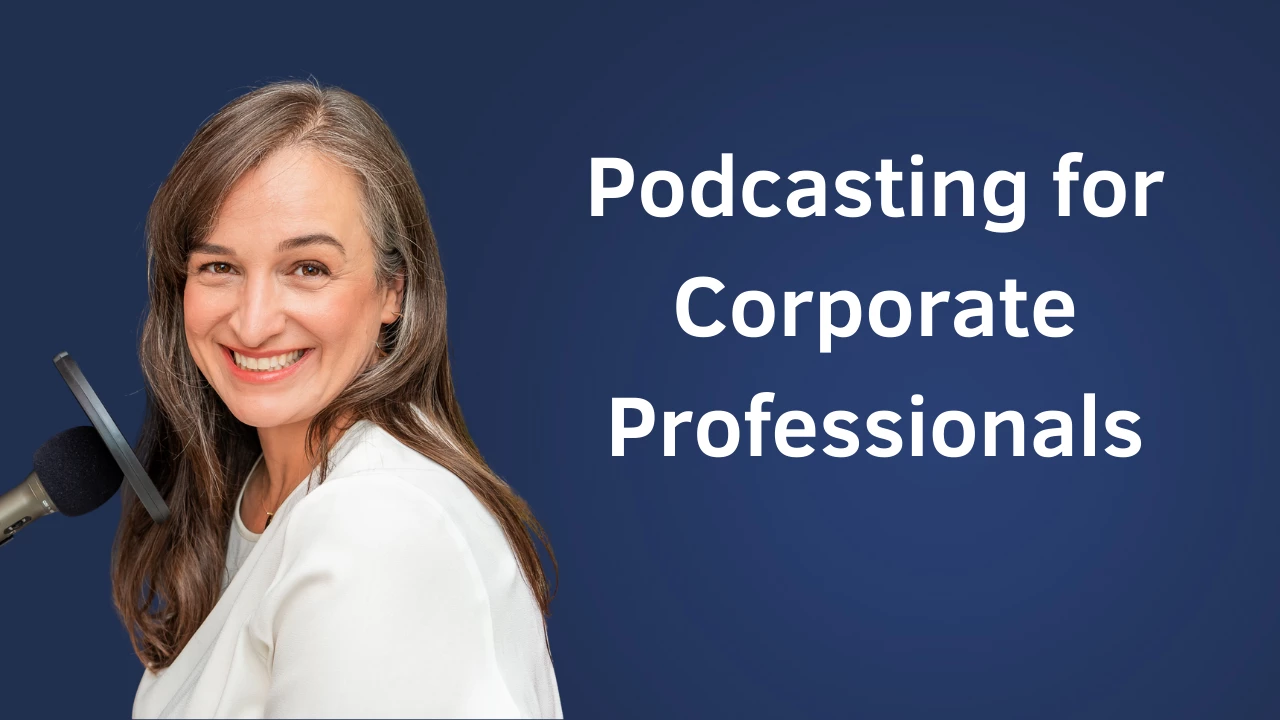Episode 135 - How to Start Your Own Podcast and How to Be a Guest

Have you ever thought of having your own podcast? Or have you been invited to be a guest on a podcast?
In this episode, I share everything I have learned while setting up The Job Hunting Podcast. And I discuss it from the perspective of a corporate professional willing to participate in the podcast world, as opposed to a business owner like me.
I have found that more and more corporate professionals are considering using podcasts to amplify their reputation, or alternatively, as an outlet for a hobby completely separate from day-to-day work. Moreover, many professionals are now being asked to be guests on podcasts, so I also discuss what to do if that happens to you. And if you want to be a guest, I give tips on how to approach a podcast host.
I hope you enjoy this interesting topic. I have often suggested hosting a podcast or being a guest to clients who are on career breaks or between jobs. Now I can share my tips and ideas with you.

Resources mentioned in this episode
Guests that found my podcast and reached out: Michael Yinger, Natalie and Lisa from Own Your Health
Design platform we use to create banners and social media posts: Canva
Chat10Looks3 podcast, a private endeavor produced by ABC journalists Leigh Sales and Annabel Crabb
Transcript of this episode
About the Host
Hello, I’m Renata Bernarde, the Host of The Job Hunting Podcast. I’m also an executive coach, job hunting expert, and career strategist. I teach professionals (corporate, non-profit, and public) the steps and frameworks to help them find great jobs, change, and advance their careers with confidence and less stress.
If you are an ambitious professional who is keen to develop a robust career plan, if you are looking to find your next job or promotion, or if you want to keep a finger on the pulse of the job market so that when you are ready, and an opportunity arises, you can hit the ground running, then this podcast is for you.
In addition to The Job Hunting Podcast, on my website, I have developed a range of courses and services for professionals in career or job transition. And, of course, I also coach private clients.
Contact Renata Bernarde
I’m determined to help you! I want you to feel empowered, nail your next job, and have the career you want.
My free resources for job hunters: The Optimized Job Search: Weekly Schedule & Masterclass.
Learn more about my services, courses, and group coaching: RenataBernarde.com
